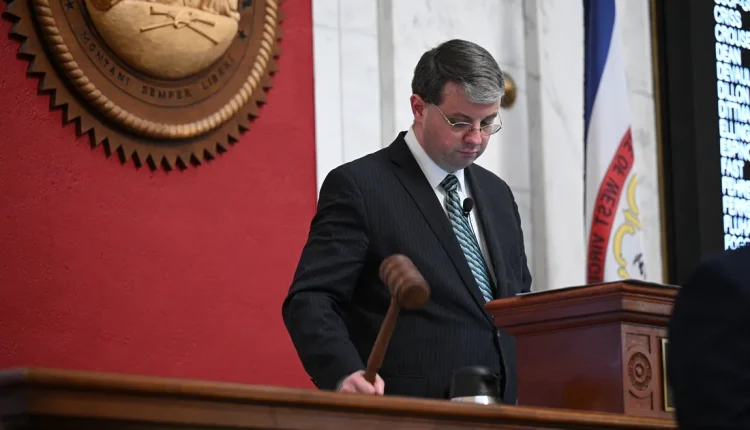Ohio lawmakers are currently debating a controversial bill that could see educators facing criminal charges if they distribute what is deemed “obscene material” to students.
This proposed legislation has sparked intense discussions about censorship, educational freedom, and the role of schools in shaping young minds.
Bill Overview
The bill, introduced by conservative legislators, aims to protect students from exposure to explicit content. It defines “obscene material” broadly, encompassing any content that is sexually explicit, violent, or otherwise deemed inappropriate for minors.
Proponents argue that this measure is necessary to ensure a safe and respectful learning environment.
Supporters’ Perspective
Supporters of the bill, including parents and advocacy groups, argue that it is crucial to safeguard children from harmful content.
They contend that educators have a responsibility to provide age-appropriate materials and that the bill will help enforce this standard. “Our children deserve to learn in an environment free from explicit and potentially damaging content,” said one parent advocate.
Opponents’ Concerns
However, the bill has faced strong opposition from educators, librarians, and free speech advocates. Critics argue that the legislation is too vague and could lead to the unwarranted censorship of valuable educational materials.
They fear that classic literature, historical documents, and comprehensive sex education resources could be targeted under this law. “This bill threatens academic freedom and could severely limit the scope of education,” warned a representative from a teachers’ union.

Legal and Practical Implications
The legal ramifications of the bill are significant. Educators found guilty of distributing “obscene materials” could face misdemeanor charges, leading to fines or even jail time.
This has raised concerns about the potential for a chilling effect, where teachers might avoid certain topics altogether to steer clear of legal trouble.
Related Articles:
- Tracking rain in SoCal, statewide Cal State University strike
- Mental Health Crisis Sparks Confrontation at New York Walmart in Westchester County
- Essential Tips for Staying Safe in Rip Currents: Everything You Need To Know
Public Reaction
The public reaction has been deeply divided. Some community members support the bill as a necessary step to protect children, while others see it as an overreach that undermines the educational process.
Town hall meetings and public forums have been filled with passionate debates, reflecting the polarized views on the issue.
The proposed bill stands at the crossroads of safeguarding youth and preserving educational freedom, sparking a crucial conversation about the content students should be exposed to in their formative years.

